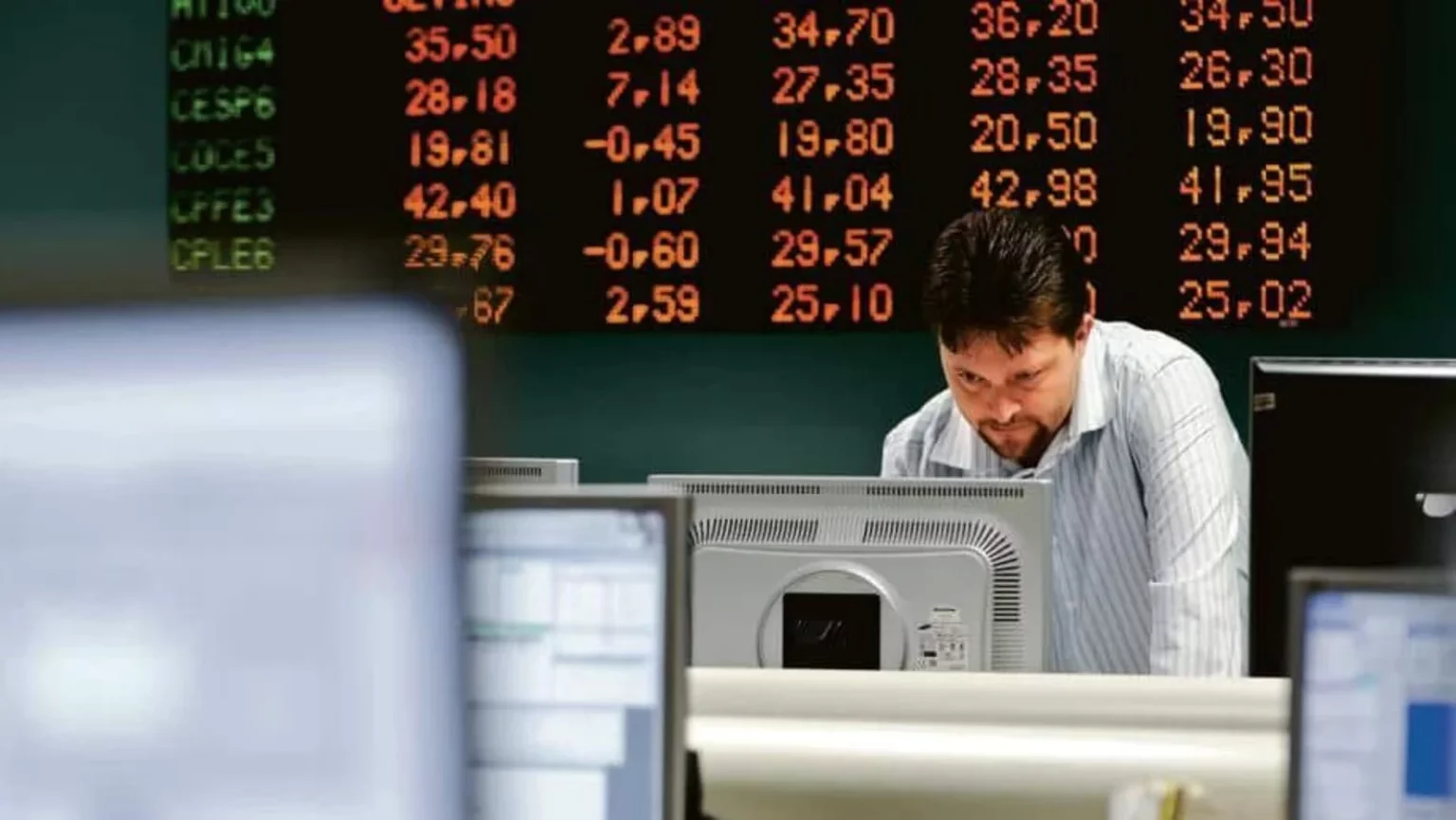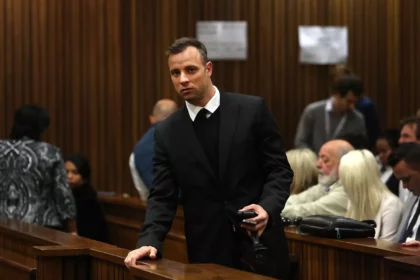In a shocking turn of events, Wall Street witnessed a decline in stock prices as news broke of a violent clash between the Palestinian group Hamas and Israeli forces, resulting in a tragic loss of 1,500 lives on Monday.
The conflict, which has been ongoing, has led to devastating consequences on both sides. The Israeli death toll has risen to at least 1,000, while in the Gaza Strip, controlled by Hamas, the number of casualties has reached 560, according to reports from the Palestinian enclave’s health ministry.
In response to the unexpected assault, Israel imposed a complete siege on the Gaza Strip, further escalating tensions in the region.
As trading began on Monday, the Dow Jones Industrial Average experienced a dip of 0.1%, closing at 33,379.14. The broader S&P 500 Index also saw a decline of 0.4%, ending the day at 4,289.67, while the Nasdaq Composite Index registered a significant drop of 1.0%, concluding at 13,295.60.
Market experts and analysts weighed in on the situation. Maris Ogg of Tower Bridge Advisors remarked, “War is never a positive. The market dislikes uncertainty, and this situation generates significant uncertainty.” Ogg also suggested that the U.S. central bank might consider maintaining interest rates at their next meeting, explaining, “They are unlikely to raise rates given the potential for a significant conflict.”
Patrick O’Hare from Briefing.com echoed similar concerns, stating, “The primary concern is that the Israel-Hamas War could escalate into a broader regional conflict.” This sentiment reflects the widespread apprehension about the consequences of the ongoing hostilities.
Interestingly, defense companies witnessed a surge in their stock prices on Monday. Lockheed Martin, for instance, saw a substantial increase of 7.5%, while Northrop Grumman Corp experienced an 8.2% rise. This highlights the market’s reaction to geopolitical events that often benefit the defense industry.
O’Hare also drew attention to the fact that the conflict unfolds at a time when the U.S. House of Representatives is without a speaker following the ousting of Republican Kevin McCarthy last week. “The House is unable to conduct any business, aside from the election of a new speaker, until a new speaker is elected—leading to heightened uncertainty regarding that process,” he noted.
It’s essential to note that the Treasury market remained closed on Monday due to a holiday, limiting the full scope of the market’s response to this developing international crisis. As the situation continues to evolve, Wall Street will remain closely attuned to any developments and their potential impact on the financial landscape.




